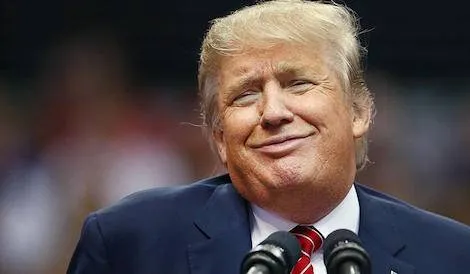
4 Books That “Predicted” Donald Trump’s Presidential Campaign
This is a guest post from M Lynx Qualey, who ghostwrites, edits, criticizes, valorizes, and manages (among other things) arablit.org. Follow her on Twitter @arablit.
When Donald Trump first floated his now-ubiquitous campaign slogan, MAKE AMERICA GREAT AGAIN, it might’ve called to mind Ronald Reagan’s 1980 campaign catchphrase, the not-dissimilar, “Let’s Make America Great Again.”
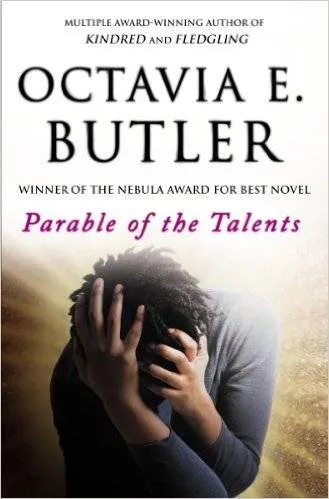
The book’s hero, Olamina, muses about what Jarret means in making America “great” again:
Jarret insists on being a throwback to some earlier, “simpler” time. Now does not suit him. Religious tolerance does not suit him. The current state of the country does not suit him. He wants to take us all back to some magical time when everyone believed in the same God, worshipped him in the same way, and understood that their safety in the universe depended on the same religious rituals and stomping anyone who was different. There was never such a time in this country.
Although things get pretty bad, Steele’s thugs aren’t ascendant for long, and Butler’s novel has a positive ending. But, although hers might be the only one that has the same campaign slogan, it isn’t the only fictional world that fans suggest prefigures Trump.
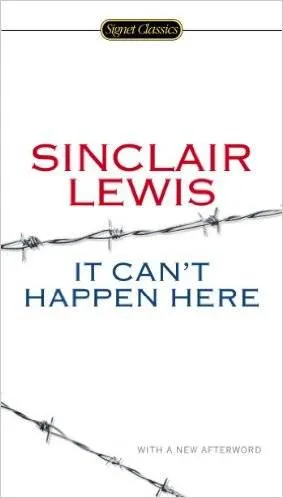
My one ambition is to get all Americans to realize that they are, and must continue to be, the greatest Race on the face of this old Earth, and second, to realize that whatever apparent differences there may be among us, in wealth, knowledge, skill, ancestry or strength–though, of course, all this does not apply to people who are racially different from us–we are all brothers, bound together in the great and wonderful bond of National Unity, for which we should all be very glad.
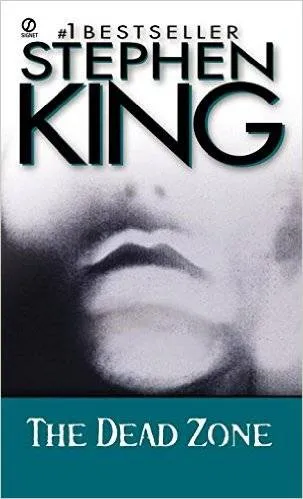
‘He’s a clown; so what?’ says one observer. ‘Maybe people need a little comic relief … They want to thumb their noses at a political establishment that doesn’t seem able to solve anything.'”
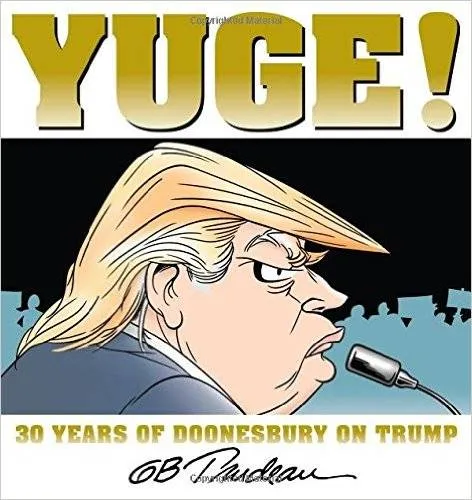
After this, Mike makes another smirking prediction; that Trump’s government would













